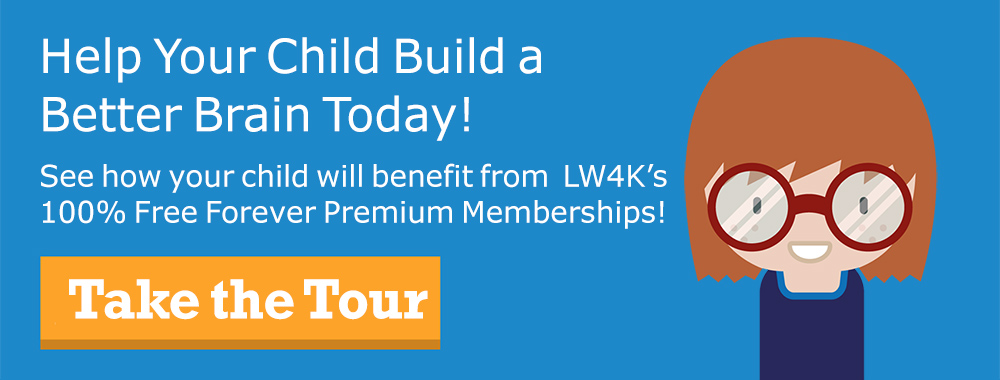Jamie had always been a good student while attending his brick-and-mortar school. He is a friendly kid who is well-liked by his peers and teachers. His teachers have always been there to help him get started on school work and make sure that he knows exactly what to do in the classroom. A tap on his shoulder, a brief reminder of what the class was working on, or pairing him with a student who was skilled at following directions kept him on top of his assignments. Unfortunately, remote schooling turned out to be a disaster for him. As a fourth grade student, teachers expected him to be able to work independently. Jamie continues to want to do well in school, but with remote instruction, he was not completing assignments and was frustrated with his inability to be organized about doing his school work. Even more importantly, he did not appear to be learning and was falling behind his peers.
The scenario is prevalent for children who have relied upon others (their teachers, parents, and peers) to provide structure for the executive functioning skills needed in the classroom. Remote learning is problematic for elementary school children, particularly those with learning disabilities and ADHD. But it is an even greater difficulty for middle school and high school students-without any psychiatric diagnosis or learning difficulties- who have relied upon teacher guidance and structure to succeed in the physical classroom. Without instructions about how to start working, what to study, assistance with organization, prompts for efficient time management, or other subtle cues for employing executive function skills, many of these kids are floundering in remote learning.
The responsibility for providing these executive functioning skills, support, and structure has fallen to parents. It is no longer enough for parents to ask, “Do you have any homework, or when is your project due? By definition, remote learning is HOMEwork and it requires far more than the 30-60 minutes that most teens previously spent doing their homework. Think of it as cleaning your entire home. It’s easy if your only task is clearly defined and short. You can empty the dishwasher or put away clean clothes into a closet. But when you need to decide where to start, what rooms to clean, what floors need to be washed or vacuumed, where dusting or organizing needs to be completed, and to manage your time and attention as you do this–it’s a much harder task. A set of strong executive functioning skills can help clean your house as well as adjust to the demands of remote learning.
This is the first of many articles that will help parents teach and support the executive functioning skills that kids need for remote learning. Most of the posts will target specific executive functioning skills. The following strategies provide a more general overview of how to foster and develop executive functioning skills in remote learners.
Walk the walk. If you are a parent working from home, trying to balance your work life with teaching your child, or taking on the role of a surrogate teacher, you’ll need to pay close attention to your own use of executive functioning skills. If you’d like to learn more about improving these skills as an adult, check out these books and other resources.
The Smart but Scattered Guide to Success. One of a series on improving executive functions from Peg Dawson and Richard Guare that are also available for teenagers.
Understand your Brain, Get More Done. Written by Ari Tuckman, an expert on the impact of executive functioning difficulties on families and marriages.
Brain Hacks: Life-changing Strategies to Improve Executive Functions. Dozens of easy to do strategies that can enhance the executive functions of teens and adults.
Talk the talk. Learn how to identify when and how an executive functioning skill is needed for remote learning. For example, talk with your child about having an organized desk, having their online materials organized so they can access them, and how they need to manage their time most effectively.
Understand the online platforms that your child is using. For example, if your child uses Google classroom for online learning, develop expertise with Google calendar and using Google Drive. These applications are powerful supports for the effective use of executive functions.
Make screen-based remote learning productive rather than distracting. One of the biggest challenges of remote learning is that it virtually all takes place on a screen that is always one or two keystrokes away from something other than school. Working with your child to learn how to minimize distractions helps improve executive functions such as task initiation, sustained attention, and time management.






